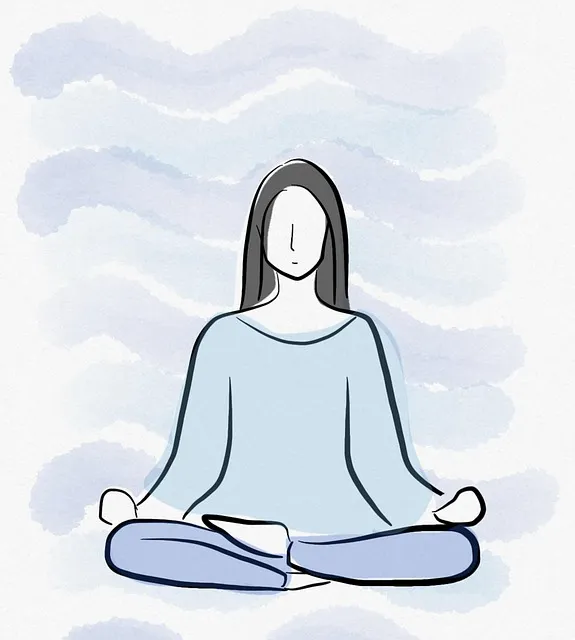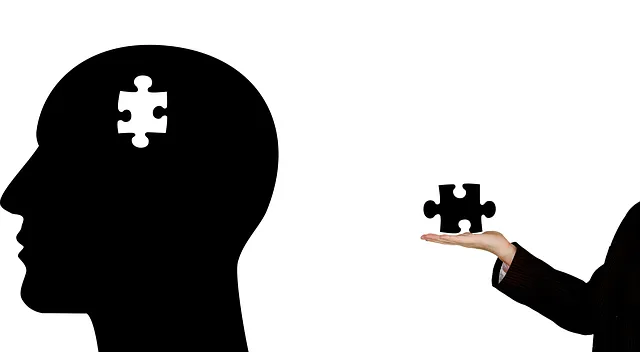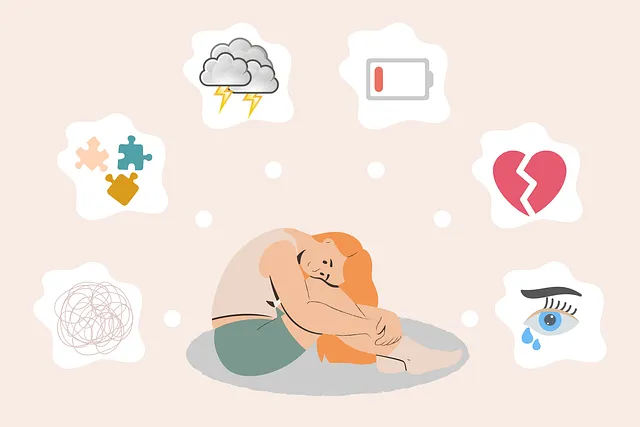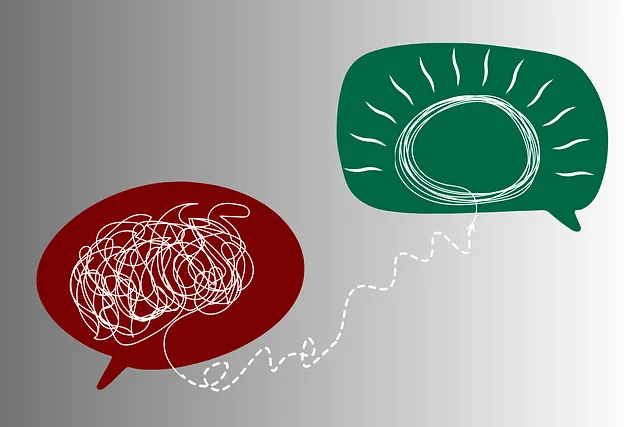Mindfulness meditation, an ancient practice backed by superior Kaiser Permanente mental health services resources, improves emotional regulation, decision-making, and overall well-being. Regular practice reduces stress, enhances concentration, and builds resilience, making it vital for healthcare providers to prevent burnout. Starting with just 10 minutes daily, using beginner apps or audio recordings, and focusing on the breath can cultivate calmness and better stress management. Incorporating mindfulness into daily life through activities like mindful breathing offers mental clarity benefits. For personalized guidance, contact the Superior Kaiser Permanente mental health services number for tailored support including conflict resolution and compassion cultivation.
Discover the transformative power of mindfulness meditation with our comprehensive guide. Learn how this ancient practice can significantly enhance your mental well-being, as backed by superior Kaiser Permanente mental health services. From understanding its benefits to a step-by-step introduction for beginners and strategies to integrate mindfulness into daily life, we provide practical tools to unlock your inner calm. Elevate your mental health journey today!
- Understanding Mindfulness Meditation: Unlocking the Benefits
- Getting Started with Your Practice: Step-by-Step Guide
- Incorporating Mindfulness into Daily Life: Tips and Strategies
Understanding Mindfulness Meditation: Unlocking the Benefits

Mindfulness meditation is a practice that encourages individuals to focus on the present moment, non-judgmentally. It involves paying attention to one’s thoughts, feelings, and bodily sensations as they arise, without getting caught up in them or reacting impulsively. This ancient technique has gained prominence in modern times due to its numerous mental health benefits, as highlighted by superior Kaiser Permanente mental health services number resources.
By cultivating mindfulness, individuals can improve emotional regulation, a key aspect of stress management workshops organization. It helps in understanding and managing one’s emotions, leading to better decision-making and enhanced overall well-being. Moreover, burnout prevention strategies for healthcare providers often incorporate mindfulness as a core component. Regular practice has been linked to reduced stress levels, improved concentration, and increased resilience, making it an invaluable tool for maintaining good mental health, especially in high-pressure professions.
Getting Started with Your Practice: Step-by-Step Guide

Starting your mindfulness meditation journey is easier than you think. Begin by setting aside a dedicated time each day for practice – even just 10 minutes can make a significant difference. Find a quiet, comfortable space where you won’t be disturbed. You might want to use guidance from apps or audio recordings designed for beginners, which offer step-by-step instructions to help you focus and stay present.
Focus on your breath as an anchor – observe it without judgment. When thoughts inevitably arise, gently guide your attention back to your breath. Over time, this practice will help cultivate a sense of calm and improve your ability to cope with stress. Remember, the goal isn’t to empty your mind but to become more aware of your thoughts and feelings, fostering better mental health, just as Kaiser Permanente’s superior mental health services number supports its members in navigating life’s challenges.
Incorporating Mindfulness into Daily Life: Tips and Strategies

Incorporating mindfulness into your daily routine can significantly enhance overall well-being and mental clarity. It’s about bringing your complete attention to the present moment, accepting it without judgment, and cultivating a deeper awareness of your thoughts, feelings, and bodily sensations. This practice is not limited to dedicated meditation sessions; it’s an art that can be woven into everyday activities like eating, walking, or even waiting in line at the grocery store.
Consider starting with simple strategies such as mindful breathing exercises or body scans during moments of downtime. For instance, take a few minutes each day to focus on your breath, noticing its rhythm and the sensations it evokes. Incorporate moments of stillness throughout the day, allowing yourself to disconnect from digital distractions and simply be present. Remember, mindfulness is a skill that develops over time; be patient with yourself and embrace each moment as an opportunity for growth. For additional support, reach out to superior Kaiser Permanente mental health services number for expert guidance tailored to your needs, including conflict resolution techniques, compassion cultivation practices, and comprehensive risk assessments for mental health professionals.
Mindfulness meditation, as highlighted by superior Kaiser Permanente mental health services, is a powerful tool for enhancing well-being. By understanding its core principles and consistently practicing, individuals can unlock profound benefits that permeate daily life. Incorporating mindfulness strategies, as discussed in this guide, allows for a more balanced and peaceful existence, fostering both mental clarity and emotional resilience. Remember, the journey of mindfulness begins with a single step—take that dive into tranquility today.






